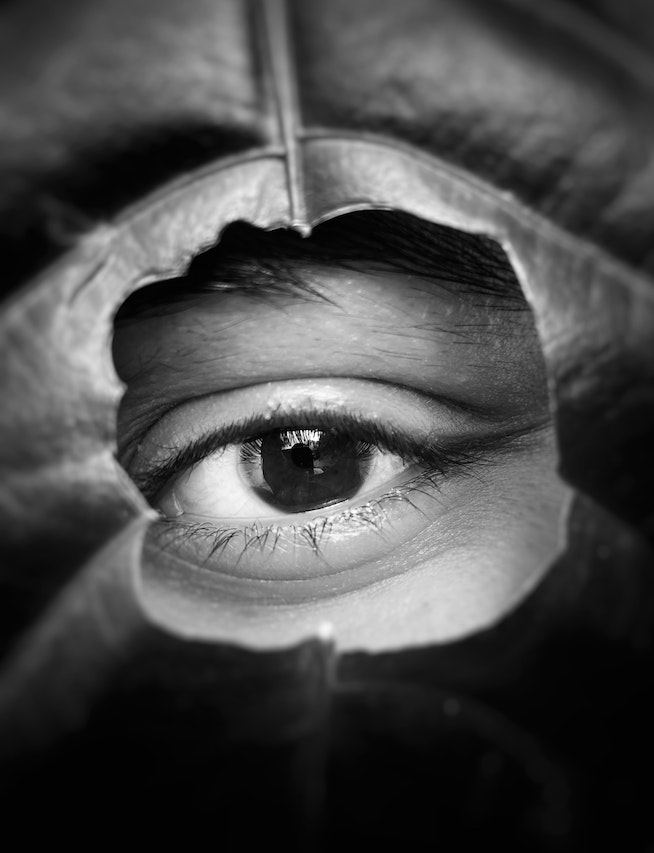Keeping our eyesight is a top priority for most of us, and yet, it’s something that many of us take for granted. Unfortunately, there are many people living with eye diseases that can cause blindness or vision problems. One such disease is called keratoconus, which affects the clear covering of the eye and causes thinning, bulging, or even scarring.
In severe cases, this can lead to complete vision loss or even blindness. In this blog article, we’ll look at what exactly keratoconus is, its symptoms, diagnosis and treatments available – so you can be better informed about this potentially sight-threatening condition.
What is the eye disease?
There are many diseases that can cause blindness, but the most common is macular degeneration. Macular degeneration is a disease of the eye that causes vision loss in the center of the field of vision. Although macular degeneration can lead to complete blindness, it usually does not. With treatment, many people with macular degeneration are able to maintain their central vision and live relatively normal lives.
There are many different types of eye diseases that can cause blindness. The most common type of eye disease is macular degeneration, which is a degeneration of the central part of the retina. Other common types of eye diseases that can cause blindness include glaucoma, diabetic retinopathy, and age-related macular degeneration.
For more information visit our Website: Sanpaku Eyes
What are the symptoms of eye disease?
There are many different symptoms of eye disease, and they vary depending on the specific condition. However, some common symptoms include vision problems, such as blurred or double vision; pain in the eye; redness or swelling of the eye; and discharge from the eye. If you experience any of these symptoms, it is important to see an ophthalmologist (eye doctor) for a comprehensive eye exam.
If you experience any of these symptoms, it’s important to see an eye doctor as soon as possible for a proper diagnosis and treatment plan. There are several symptoms associated with this disease, including:
-Blurry vision
– Difficulty seeing in low light
– Loss of central vision
– Colors appear faded
– difficulty reading or recognizing faces
How is the disease treated?
There is currently no cure for the disease, but treatments are available to help slow its progression and prevent further vision loss. These include:
-Corticosteroids: These are drugs that can help reduce inflammation and slow the progression of the disease. They are typically given as injections into the eye or as oral medications.
-Immune modulators: These drugs help to modulate the immune system and can also help reduce inflammation and slow the progression of the disease. They are typically given as oral medications or injections under the skin.
-Anti-VEGF therapy: This treatment involves injecting a drug that inhibits VEGF (vascular endothelial growth factor) into the eye. VEGF is a protein that plays a role in the growth of new blood vessels, and by inhibiting it, this treatment can help to stop the formation of new blood vessels that feed the disease and cause vision loss.
There is currently no cure for this disease, however, there are treatments available that can help to slow its progression and preserve vision. Treatment typically involves a combination of medication and surgery. Medication is used to help reduce inflammation and prevent the disease from progressing. Surgery is typically used to correct any damage that has already been done to the eye.
If you want to know more about eyes Click here: Sanpaku Eyes
How can the disease be prevented?
There are several measures that can be taken to prevent the disease from causing blindness. Washing the hands regularly and avoiding touching the eyes with contaminated fingers is crucial. It is also important to avoid sharing towels, clothing, or other items that may have come into contact with the infected person’s secretions.
It is essential to clean any surfaces that may have been exposed to the infection. Finally, it is important to get prompt treatment for any eye infections to prevent them from spreading and causing further damage.
There is no one definitive answer to this question as different diseases require different preventive measures. However, some tips on how to prevent disease in general include: maintaining good hygiene, regularly washing your hands and avoiding close contact with sick people.
Additionally, eating a healthy diet, exercising regularly and getting enough rest can help boost your immune system and make it more difficult for diseases to take hold. Finally, staying up-to-date on vaccinations can help protect you from many serious and potentially deadly diseases.
Conclusion
In conclusion, there are a number of different diseases and conditions that can cause blindness in the eye. It is important to be aware of these so that you can seek prompt medical attention if any symptoms arise. While some forms of blindness caused by these conditions may not be reversible, early detection and treatment can help reduce the risk of further vision loss or even prevent it completely.












